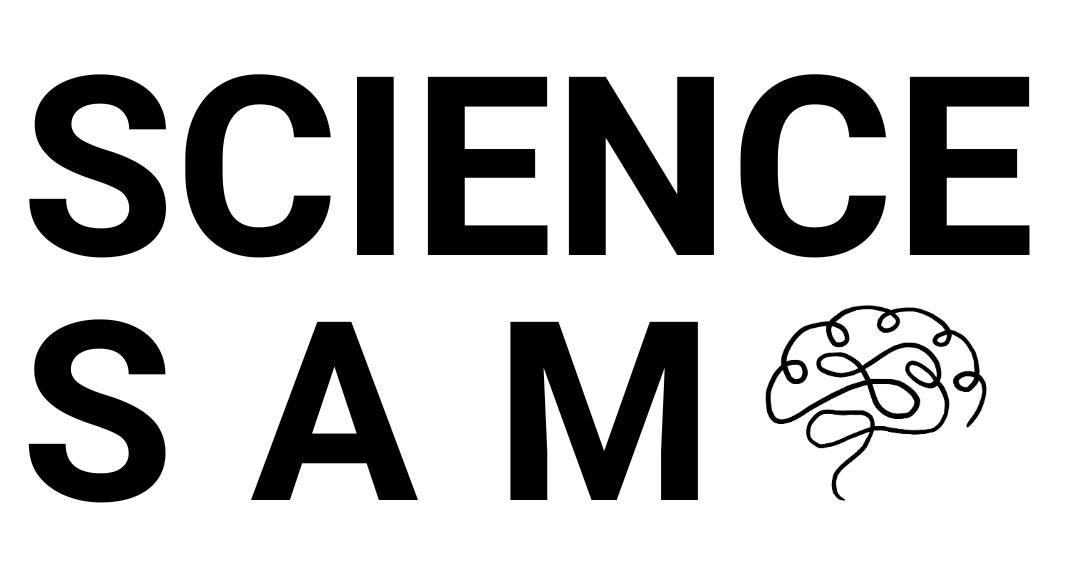making stem less toxic
science should be by everyone, for everyone
STEM is about discovery, innovative solutions, and communication. But it cannot excel at these things without everyone deliberately being involved.
Unfortunately STEM, like much of our world, does not operate on meritocracy due to systemic injustices that systemically exclude people based on things like their race, geography, gender identity and expression, sexual preference, socioeconomic status and disability.
Below are resources that offer helpful starting points for better understanding the negative impact of white supremacy and related forms of systemic oppression, as they relate to STEM and beyond. It is not an exhaustive list, and please reach out if you have suggestions for additional perspectives that should be added.
What is Intersectionality? By the founder of the term, Prof Kimberlé Crenshaw
Guide to Organizing Inclusive Scientific Conferences by 500 Women Scientists
How to Make Professional Conferences More Accessible for Disabled People: Guidance from Actual Disabled Scientists by Gabi Serrato Marks
White feminism 101 with Rachel Cargle
Nonbinary people & women’s movements by Naseem Jamnia
Race, Racism, & Ethnicity on the (incredibly resourceful & informative!) D.A.T.T. website
Beyond territorial acknowledgements by âpihtawikosisân
“Diversity & inclusion is for white people” episode of the Hoodrat to Headwrap Podcast
Infographics by Trans Student Educational Resources
New research that grants that are women-identified receive less funding by Dr. Holly Witteman & team
Misogynoir by founders of the term Moya Bailey and Trudy (aka @theTrudz)
“5 ways to take action for racial justice” by Mélise Edwards
The Indigenous Ally Toolkit by the Montreal Urban Aboriginal Community Strategy NETWORK (you can order pamphlets of this toolkit in English & French!)
Ericka Hart’s speech at the 2017 Women’s March on Philadelphia
Racism, sexism, & evolution by Holly Dunsworth
An intersectional look at a complex #MeTooSTEM situation by Dr. Chanda Prescod-Weinstein
De-colonizing science reading list by Dr. Chanda Prescod Weinstein
An Indigenous approach to Canada’s National Missing Persons DNA Program by Dr. Jessica Kolopenuk
Imposter Syndrome lets toxic workplaces off the hook by Christine Liu
Why saying “women & non-binary” is not necessarily more inclusive by Bogi Takács
Reference of casual ableism & alternative linguistic microaggressions
Webinars on racial and social justice, gender and more by Ericka Hart

